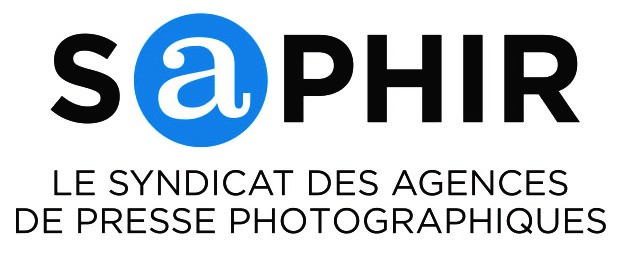Judge Chin made clear that the proposed settlement was neither fair, adequate nor reasonable. In rejecting the proposed Amended Settlement Agreement (“ASA”) under Rule 23 of the Federal Rules of Civil Procedure, Judge Chin noted that it would:
…implement a forward-looking business arrangement that would grant Google significant rights to exploit entire books without the permission of the copyright owners. Indeed the ASA would give Google a significant advantage over competitors, rewarding it for engaging in wholesale copying of copyrighted works without permission, while releasing claims well beyond those presented in the case.
Judge Chin’s ruling is a huge win for rights holders, thousands of whom had opposed the ASA; for the United States Congress, whose prerogatives the ASA circumvented; for the many foreign rights holders and other national governments ― including those of France and Germany ― who had objected to the inconsistency of the ASA with international law; and for consumers, who had the most to lose from the ASA’s anticompetitive effects and the serious risks it posed to consumer privacy and innovation.
















